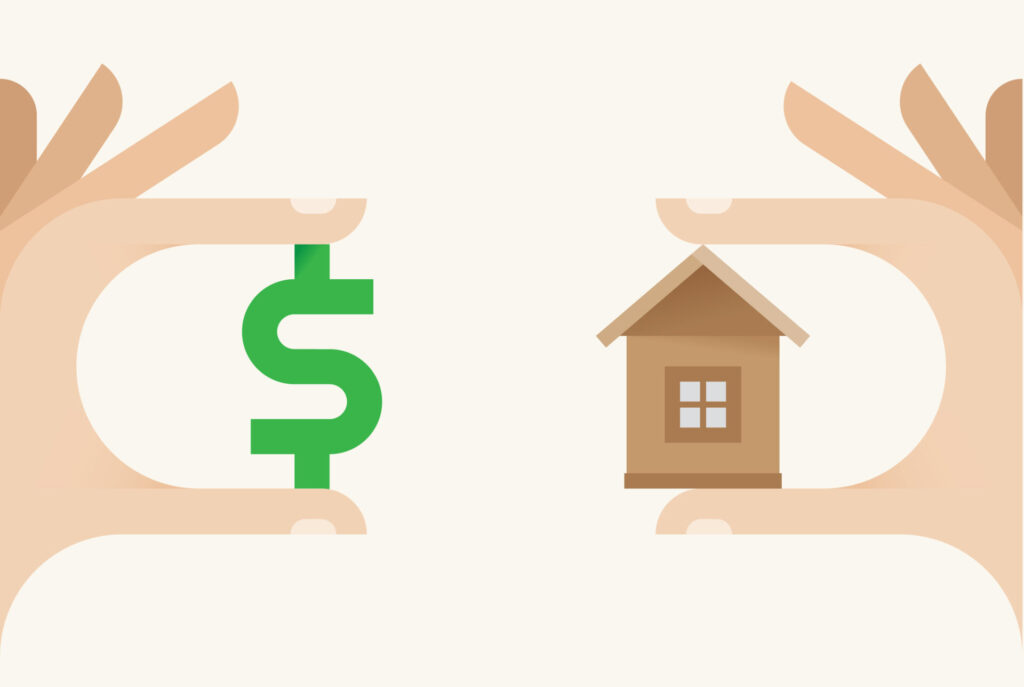
Savings Habits of Boomers vs Millennials
Savings Habits for Boomers vs Millennials Unpacking the Saving Habits of Boomers vs. Millennials When it comes to managing money and preparing for the future,

Navigating the complexities of a home sale involves more than just attracting potential buyers; it also demands adept negotiation skills to clinch the best possible deal. This discussion explores seven critical strategies that can significantly enhance your negotiation prowess and facilitate a successful home sale.
1. Establish a Balanced Asking Price
The cornerstone of any successful real estate negotiation is the initial asking price. It’s imperative to find the sweet spot that is appealing to buyers and reflects your property’s intrinsic value. Comprehensive market analysis, considering factors like comparable property sizes, conditions, and features, is crucial. A strategically set price magnetizes potential buyers and forms a robust basis for ensuing negotiations.
2. Leverage Competitive Dynamics
Intentionally listing your home slightly below market value can spark a competitive environment among potential buyers, potentially leading to a bidding war. This strategy aims to garner multiple offers, thereby elevating the final sale price and fortifying your negotiation stance. However, this approach requires careful consideration and consultation with your real estate agent to ascertain its suitability for your specific situation.
3. Accentuate Unique Property Features
In the negotiation process, emphasize the singular attributes that distinguish your home. Whether it’s an exceptional architectural detail, a meticulously curated garden, or recent upgrades, these unique selling points can enhance the perceived value of your home. Buyers are often inclined to invest more in a property that offers something truly special.
4. Empower Yourself with Knowledge and Transparency
A well-informed seller is a formidable negotiator. Stay abreast of the latest market trends, local property sales, and economic indicators that could influence negotiations. Transparency about your motivations for selling and other pertinent details can foster trust and facilitate more productive discussions with potential buyers.
5. Cultivate a Sense of Urgency
Creating a perceived scarcity or time sensitivity can motivate buyers to act swiftly. Employ strategies such as setting deadlines for offers or highlighting the competitive interest in your property to instill a sense of urgency. This can lead to more decisive actions from buyers, potentially working to your advantage in negotiations.
6. Demonstrate Flexibility with Timelines
Being accommodating regarding closing and move-in dates can significantly enhance your property’s appeal. This flexibility can make your home a more attractive option for buyers with specific scheduling needs, potentially smoothing the path to agreement on other terms of the sale.
7. Enlist Expert Representation
The value of a seasoned real estate professional cannot be overstated. An agent with a deep understanding of the market, refined negotiation skills, and a commitment to your interests is an invaluable asset. They play a pivotal role in navigating the complexities of negotiations, managing counteroffers, and ensuring a seamless transition to closing.
In essence, effective negotiation in real estate is an art form that requires strategic thinking, a deep understanding of market conditions, and a willingness to find common ground. By adopting these seven strategies, sellers can significantly improve their chances of not just selling their homes but doing so on terms that meet or exceed their expectations. Engaging in the process with preparation and professional guidance can transform negotiation challenges into opportunities for a successful and rewarding home sale.

Savings Habits for Boomers vs Millennials Unpacking the Saving Habits of Boomers vs. Millennials When it comes to managing money and preparing for the future,

Housing Market Expectations for 2025 December concluded on an upbeat note for the housing industry, marking a year characterized by stabilization and growth. The consistent

2025 Housing Market Forecast: What to Expect from Mortgage Rates As we look ahead to 2025, the dynamics of the housing market continue to intrigue


